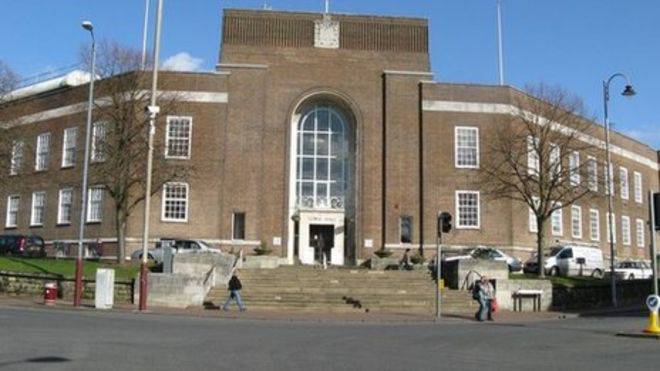This is the second in a series of monthly columns written exclusively for this newspaper by Tunbridge Wells MP Greg Clark, in which he offers his own unedited thoughts and opinions.
One of the strengths of Tunbridge Wells is that it is a vibrant town, and much of that vitality comes from the hundreds of small businesses that trade here. Many of them Рshops, pubs, caf̩s and restaurants Рform much of the visible character of the town. Others Рengineering firms, technologists, global traders, designers and professional services providers Рmay be less visible, but they contribute greatly to the prosperity of the area, which now has one of the highest levels of employment in the whole
country.
The contribution of small firms must not be taken for granted. They need a supportive environment if they are to thrive – and can be more susceptible than most to the ups and downs of the economy and to the actions of larger competitors with deeper pockets. As someone who grew up in a family who ran a small business I have always known the constant pressures on small firms.
That’s why I particularly welcome some recent developments. The first was the decision in last month’s Budget to exempt over 600,000 small businesses from paying business rates. This will come about by more than doubling the rateable value that triggers business rates from £6,000 to £15,000. The Budget also increased the threshold for the higher rate of business rates and brought in a lower annual increase in bills. I asked the Council what the impact of this would be locally and they estimate that over 1,200 businesses in the Borough of Tunbridge Wells will now pay no business rates at all.
The other big change is that in future 100 per cent of the business rates collected by local councils will be kept by local councils. In the past, Tunbridge Wells Council billed local firms for business rates but every penny was then handed over to the Treasury in London to pay for national spending. It was a crazy system which meant that local councils got no benefit from attracting new businesses to their area and helping existing firms to grow. In fact, the reverse was true – the more customers a town centre attracted the more it would cost councils for things like street cleaning without any business rates kept to pay for it.
All that will now change. By 2019 every penny of business rates will be kept by local government. It will open the way for councils to work with traders on things like making shopping areas more attractive; providing enough inexpensive parking; or giving rates discounts to attract new businesses to areas that need a boost. Because if more businesses are attracted, councils’ income will see the benefit, so they can in turn further invest in improving their communities.
There’s more to be done to minimise the burdens on small firms – including for those just above the new rates thresholds. I think there is a particular case to single out the contribution that firms that trade in our high streets make to the life of communities. So, in welcoming these positive steps I will continue to work with my colleagues in Government to do everything possible to help the small businesses that are such an essential part of the character of Tunbridge Wells.
Greg Clark was elected to Parliament as a representative of Tunbridge Wells in 2005. The Conservative MP has since held a number of positions in government and currently sits as a member of the Cabinet in his capacity as Secretary of State for Communities and Local Government: www.gregclark.org








